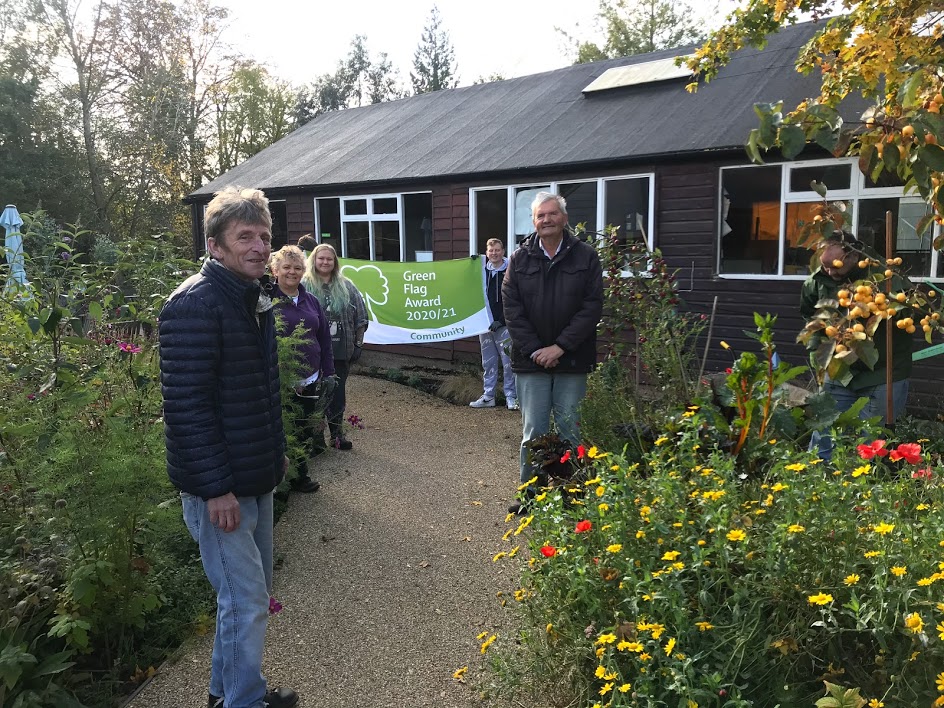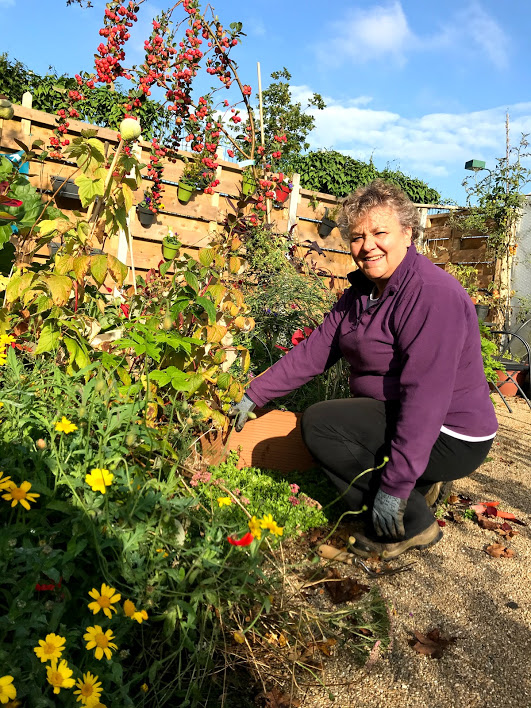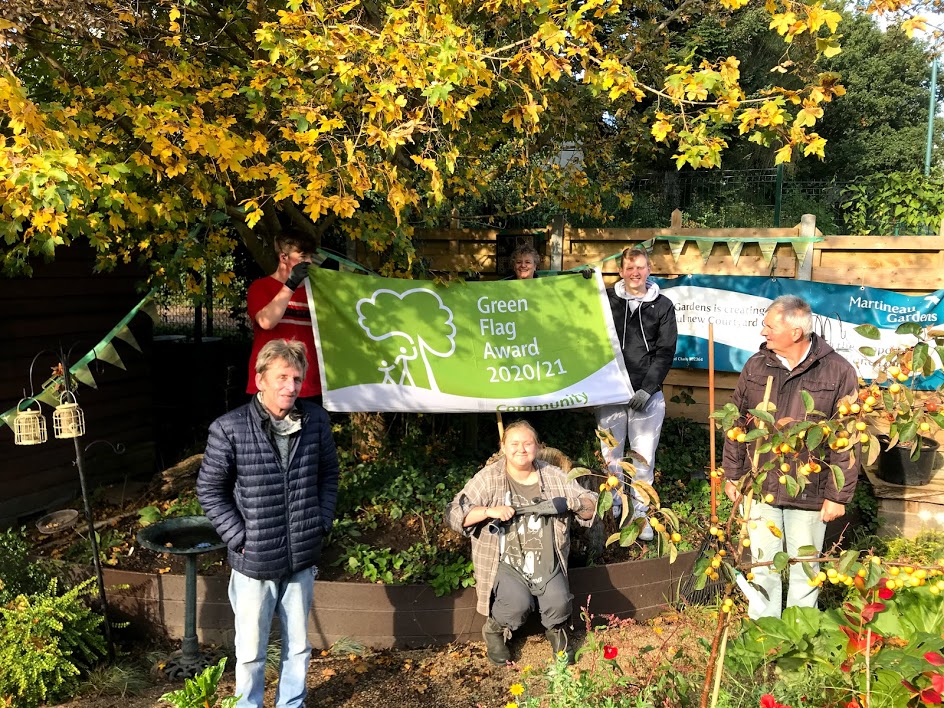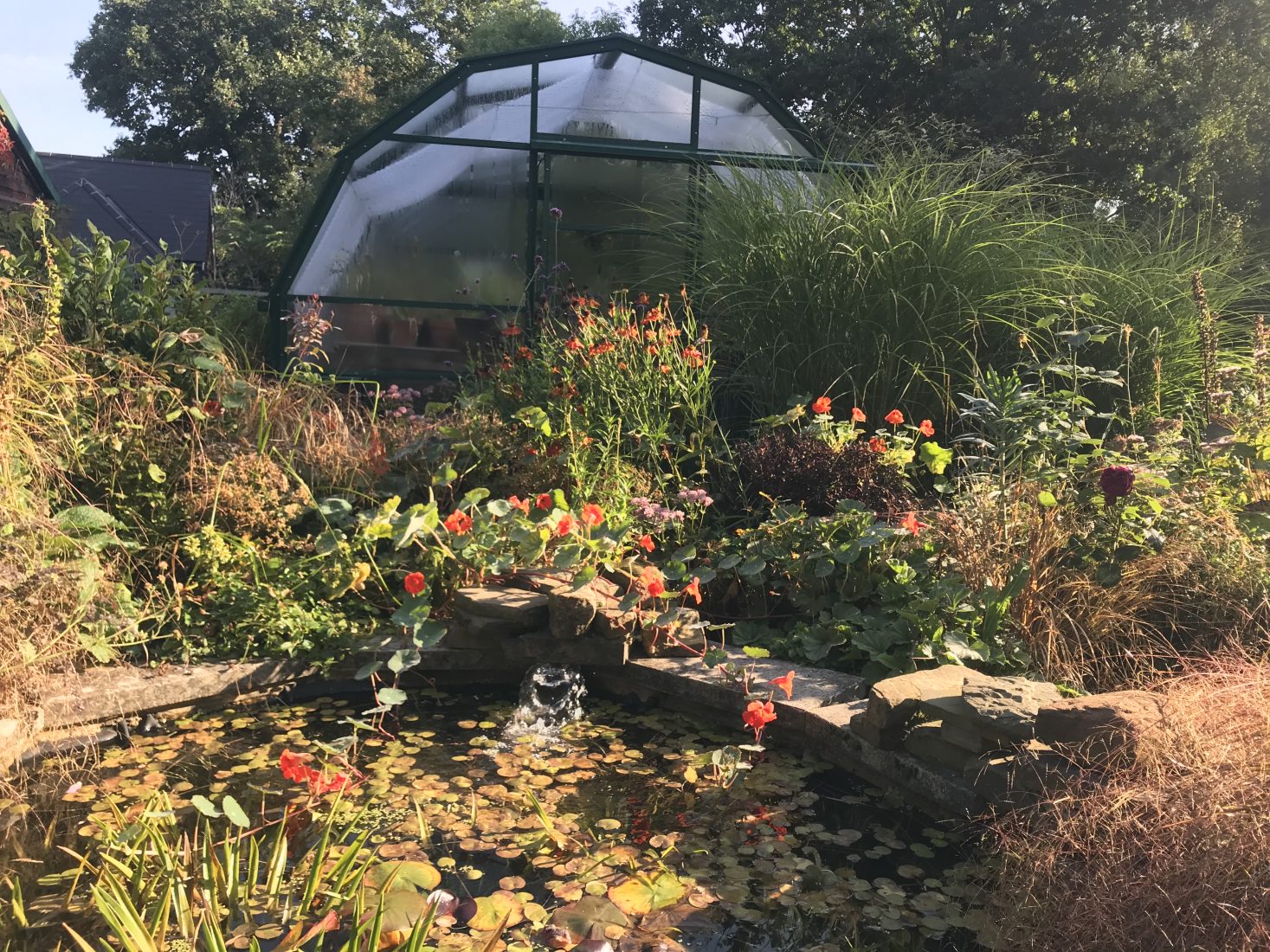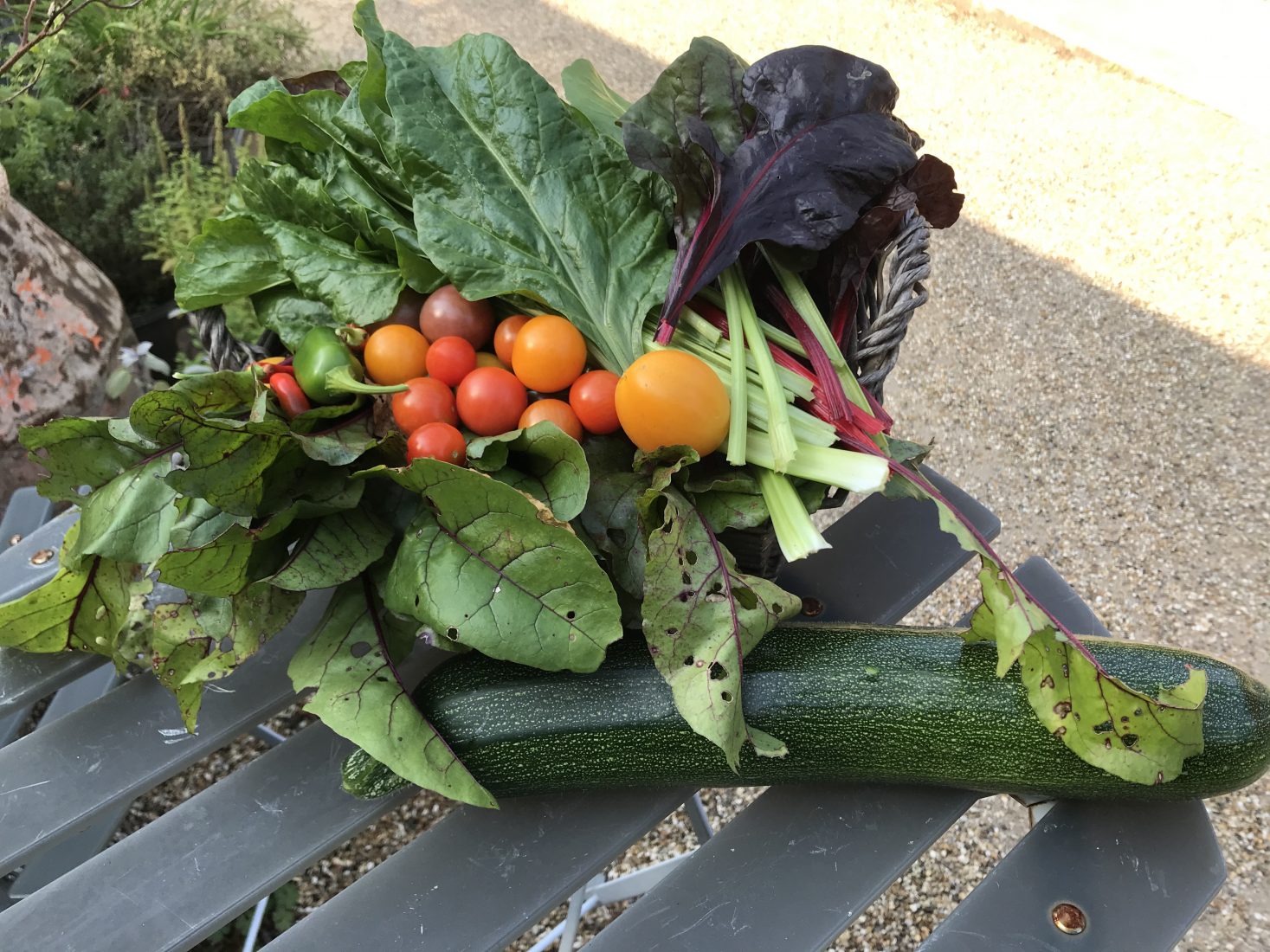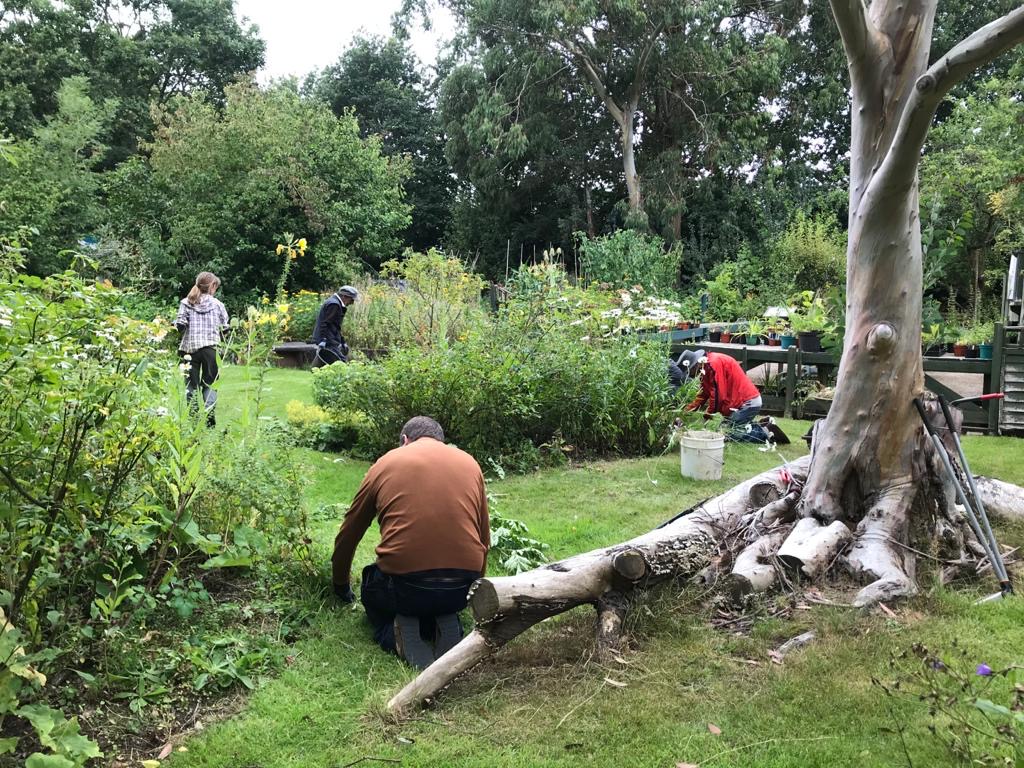Congratulations are in order, for all our volunteers. Once again, for the eleventh consecutive year, Martineau Gardens has been awarded a Community Green Flag Award.
The Green Flag Award scheme, managed by environmental charity Keep Britain Tidy under licence from the Ministry of Housing, Communities and Local Government, recognises and rewards well-managed parks and green spaces, setting the benchmark standard for their management across the United Kingdom and around the world.
Martineau Gardens is one of more than 2,000 sites across the country to collect the award for 2020.
Tim Bruton, Trustee for Martineau Gardens, said: “We are absolutely delighted to receive a Green Flag Award for the eleventh year running. 2020 has been a year of challenges for us all. Lockdown restrictions at the start of the gardening year made the future uncertain – but once restrictions eased, we were overwhelmed with the support of our volunteers who have worked hard ever since then to care for this precious green community space. This award is a tribute to their dedication and hard work.”
Commenting on Martineau Gardens’ success, Keep Britain Tidy Chief Executive Allison Ogden-Newton OBE said: “This year, more than ever, our parks and green spaces have been a lifeline and we know that millions of people have used them to relax, meet friends, exercise or simply escape for a short time.”
Thanks to the grants from the Coronavirus Community Support Fund, distributed by The National Lottery Community Fund and the Heart of England Community Foundation’s Coronavirus Resilience Fund, Martineau Gardens has been able to restart the Therapeutic Horticulture project which supports people from across Birmingham, in managing their mental health to improve wellbeing through the practice of gardening. Referred to as ‘volunteers’, many of the participants are vulnerable, social isolated and living with long-term mental health issues.
When lockdown began, government guidelines meant that the volunteers were unable to attend the gardens. For many, their regular visits to the gardens had become a ‘lifeline’ which provided the mental support they needed to keep healthy. The funding has meant that protective equipment has been bought and additional Therapeutic Horticulture staff have been employed to ensure volunteers are gardening safely in socially distanced pairs.


